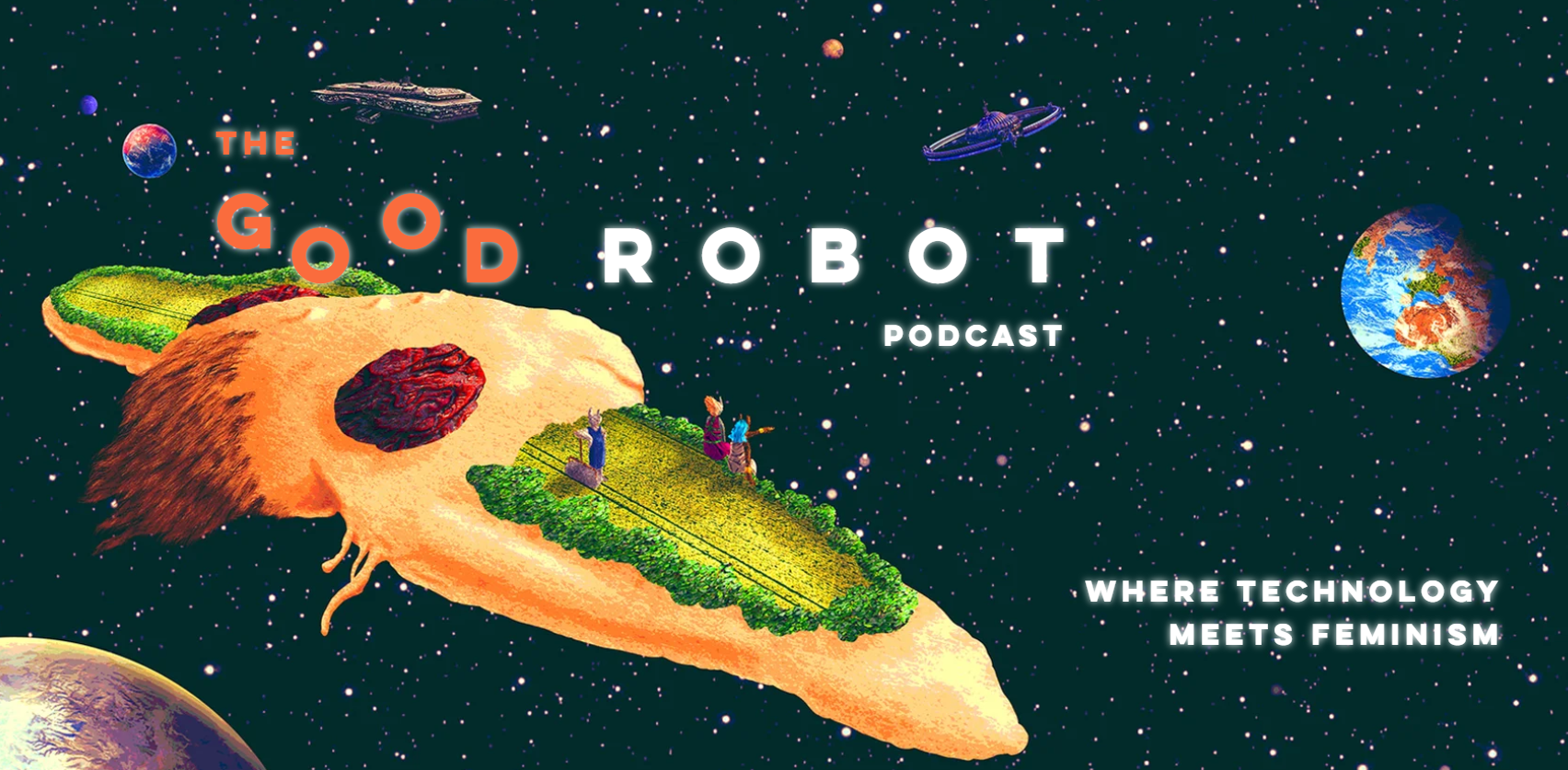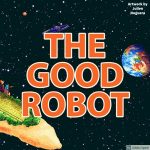
ΑΙhub.org
The Good Robot Podcast: Featuring Helen Hester

Hosted by Eleanor Drage and Kerry Mackereth, The Good Robot is a podcast which explores the many complex intersections between gender, feminism and technology. In this episode, Helen Hester talks about technology used around the house.
Can technology save us from housework? with Helen Hester
We bring to you a special LIVE episode from Tech Transformed! In it, Kerry talks to Helen Hester. Helen is a leading thinker of feminism, technology and the future of work, and she explores the history of domestic technologies, so technology used around the house. It’s really important that we understand that technologies like the washing machine were actually not as liberatory for women as we’d like to think. In fact, they may have actually prevented women from rising up against domestic labour. Helen also talks about how medical care is increasingly being outsourced to home spaces, and why smart home technology is making our lives more convenient, but not necessarily less laborious. We hope you enjoy the show.
Listen to the episode here:
Helen Hester joined the University of West London from Middlesex University, where she had served as Lecturer in Promotional Cultures and Senior Lecturer in Media. Her research interests include technofeminism, sexuality studies, and theories of social reproduction, and she is a member of the international feminist collective Laboria Cuboniks. Helen is the author of Beyond Explicit: Pornography and the Displacement of Sex (SUNY Press, 2014) and the co-editor of the collections Fat Sex: New Directions in Theory and Activism (Ashgate, 2015) and Dea ex Machina (Merve, 2015). She is also the series editor for Ashgate’s ‘Sexualities in Society’ book series.
Find the episode reading list here.
About The Good Robot Podcast
Dr Eleanor Drage and Dr Kerry Mackereth are Research Associates at the Leverhulme Centre for the Future of Intelligence, where they work on the Mercator-Stiflung funded project on Desirable Digitalisation. Previously, they were Christina Gaw Postdoctoral Researchers in Gender and Technology at the University of Cambridge Centre for Gender Studies. During the COVID-19 pandemic they decided to co-found The Good Robot Podcast to explore the many complex intersections between gender, feminism and technology.









